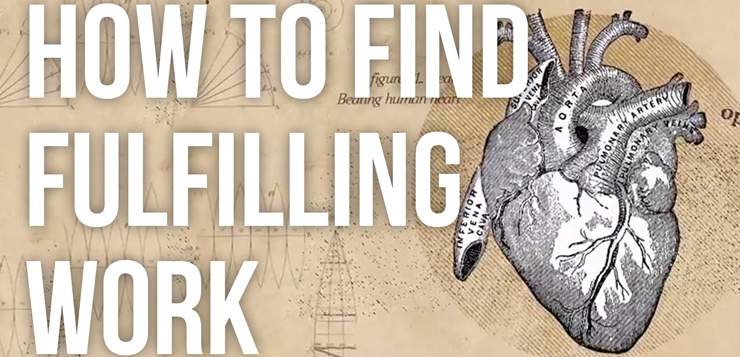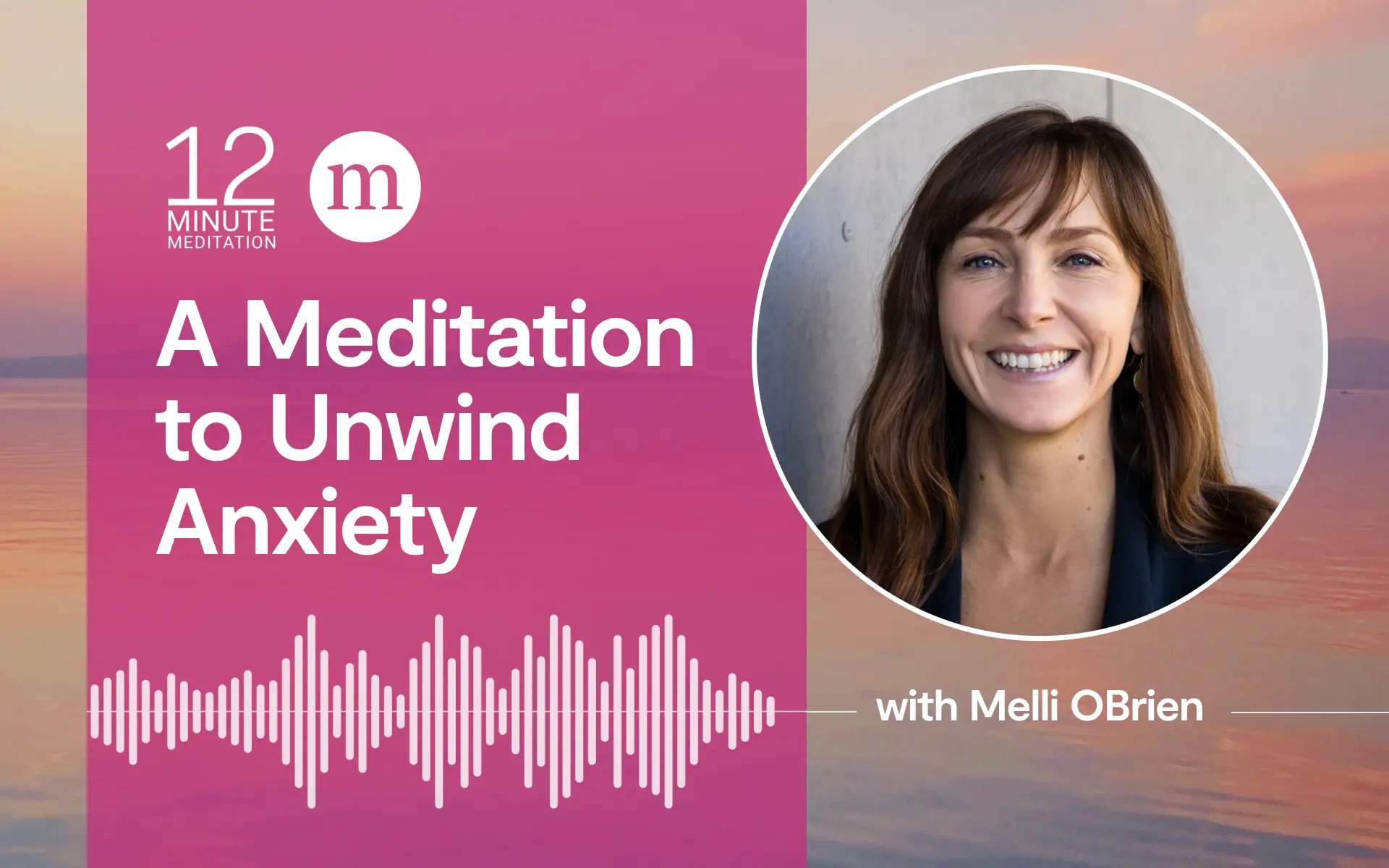Mindfulness shows us that we’re not “destined to respond the same way emotionally to the same old triggers,” science columnist Sharon Begley writes in Mindful. Perhaps the same can apply to our work life: we’re not destined to stay in the same job that our teenage- or college-aged selves chose for us.
This animation from The School of Life suggests that finding fulfilling work takes reflection, some mental digging, and giving ourselves permission to do this kind of inner questing (you’ll want to block out some weekends). They offer six tips on how to find fulfilling work:
1) Accept that you’re not alone in feeling confusion about careers.
Many choices can lead to anxiety, or prevent us from making a choice at all. We can acknowledge that fear and confusion are present, but still keep calm and carry on.
2) Before knowing what you want to do, know yourself.
Most of us don’t have a calling. By examining our hobbies and tastes, we can pick up on what we might be inclined toward. This exercise requires us to put monetary concerns on hold: we’re exploring our passions, and what authentically motivates us. Create a list of what you love, from walking dogs to sorting through old winter clothes. Even the most off-beat items will contribute to your future work path. It might seem like a jumbled list—that’s where step three comes in.
Even the most off-beat items will contribute to your future work path.
3) Sit on It.
Be generous with how much time and space you give yourself to think about meaningful work. It could take many weekends, even a year—we’re attempting to re-orient our relationship to work in a way where we no longer feel trapped and resigned.
4) Try Something.
Job shadowing, interning, volunteering—dip your toe into a new opportunities as you see them come along. Not everyone is in a position to resign on Monday.
5) Reflect: What makes people unhappy?
Considering this question within your field of interest is a great way to “flex your entrepreneurial muscles”: what service can you provide?
6) Confidence isn’t overrated.
Dismiss the self-help books, not the quality. Have courage and ask for things—what often holds people back is believing that “only certain people have the right to get certain things.”







